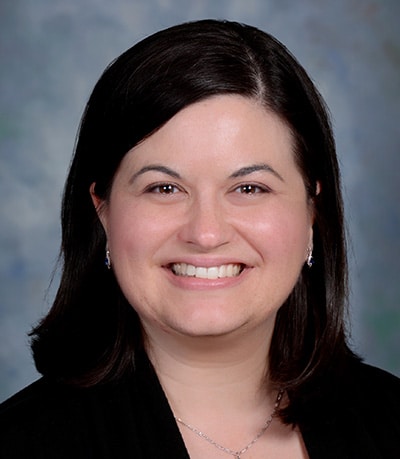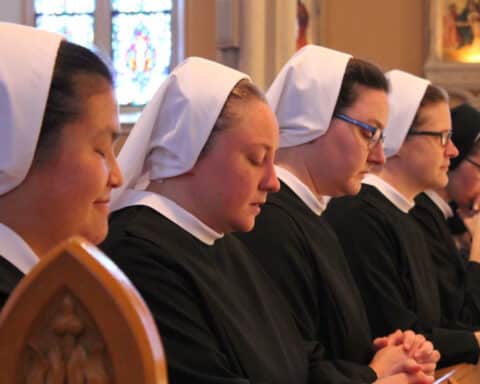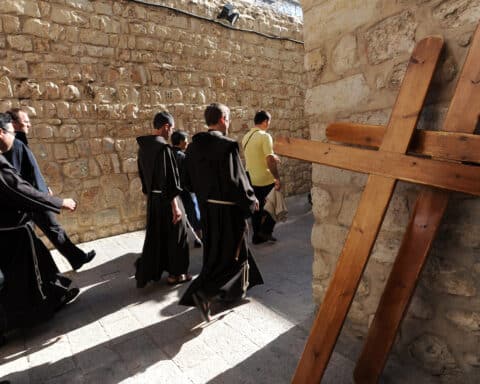
But for Rachel Muha, this story, ever a Christian story at its core, does not end with death. Violence and heartbreak do not have the final say. Before the bodies of her son and his friend had even been found — it took four days to locate them — Rachel declared to a crowd of family, friends and supporters gathered for prayer that she forgave the two individuals who were responsible for so callously and senselessly taking the lives of Brian and Aaron. It wasn’t just a platitude. For the past 20 years, Rachel has had to repeat that act of forgiveness over and over and over again, and she has chosen to intentionally live her life in a way that reinforces it — a whole other part of her story that is as remarkable as it is inspiring.
Reflecting on forgiveness, Rachel told me a while back: “Imagine if I went through life without that act of forgiveness? I would be angry. I would be tough. I would be hardened. I would be afraid to make relationships. The repercussions are enormous and could affect even strangers that I don’t know. Forgiveness makes life easier and more peaceful, more Christ-like all the way around. So we’re really foolish not to forgive.”
She added: “I think we feel more integrated as a person when we forgive, and we’re not all fragmented here and there — nice to this person, mean to that person. I think forgiveness really puts into perspective the value of life.”
As I said, remarkable and inspiring, and it has been a great gift to be able to tell her story — one that is overflowing with love and mercy, despite the terrible circumstances. The book will be out this fall.
As we approach Lent, Rachel’s words have been swimming in my head. What unresolved issues within my life have left me hardened? When have I struggled to forgive, or struggled to trust, or turned my back on people, when I should have opened my arms to them instead? How are my decisions not to love affecting those around me? Or even those I don’t know? These questions can make a simple yet effective daily examen as we begin our Lenten journey, and offer us an opportunity, when Easter comes, to be able to “sing joyfully to the Lord; cry out to the rock of our salvation,” as Psalm 95 proclaims.
Lent is an opportunity to do a deep spring cleaning of our souls, brushing away the crusty, hardened bits and leaving only a heart of love prepared to rejoice in the Lord who loved us unto death. It is because of his sacrifice and resurrection that we know that violence, heartbreak and murder do not have the final word. The final say is life-giving; one of love and one that declares “peace be with you.”
May this Lent be an opportunity for us to soften our hearts, making them a mirror image of the God who loves us: overflowing with love and mercy.
Gretchen R. Crowe is editorial director for periodicals at OSV. Follow her on Twitter @GretchenOSV.





